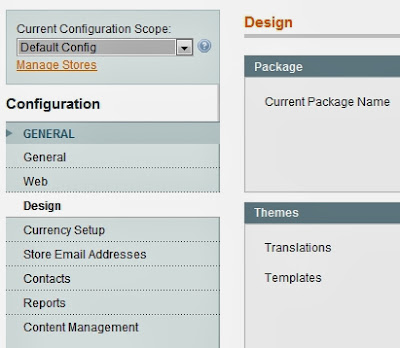For example, I go to school in the first person view but we say he goes to school in th third person singular
Historically, English (more strictly Anglo-Saxon) shares a same ancestor language with German.
The native of British Island was Celt and they were invaded by Anglo-Saxon. Anglo-Saxon was kind of cousin of German. So they share similar language structure.
Both of them are also belong to Indo European Germantic, the inflectional language.
In the inflectional language, verb has its own inflction suffix as to each first/second/third person.
You can find it in Germany.
Then, England was invaded by some french language using group and it was called as Norman Conquest.
English had been mixed up with the native Celtic and, then, French.
People tended not to use the third person singular form s(es) because English is a kind of Economic language.
The above history is well known but let's think why the third person singular form s survived in English.
Actually, this is my point of view.
Since England was an island, English people was very good at sailing and they faced a very urgent situation at sea often. Even there were lots of wars. So, stragically, they tend to shorten their language by throwing away inflctional suffixes.
However, for a third person, they still needed it because differentiate it from other I or you.
In case of I or You, they see each other when they talk. Each speaker knows who you are.
By the way He or she sounds like a wind and he or she is harder to hear than I or You.
So they left the third person singular s form to know exactly who is coming because, sometimes, the speaker does not directly recognize he or she when they talk.
For an example of a war, they need to give an exact information about the enemy's strategical movement.
Let's say there was a message from the General of the enemy for the negotiation.
The messenger will say: "Our general wants to have a peace negotiation with you.
For a reply: Does he want a peace negotation? It sounds good.
As in the example, having the third person singular s form is more effective in getting the exact information,
I think that is the reason why the third person singular s has survived in English till now.
Thank you.
by Shop Korea










